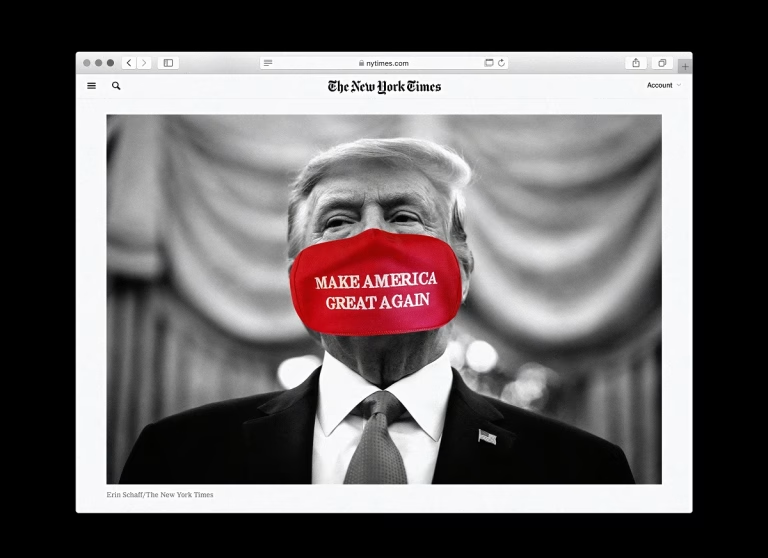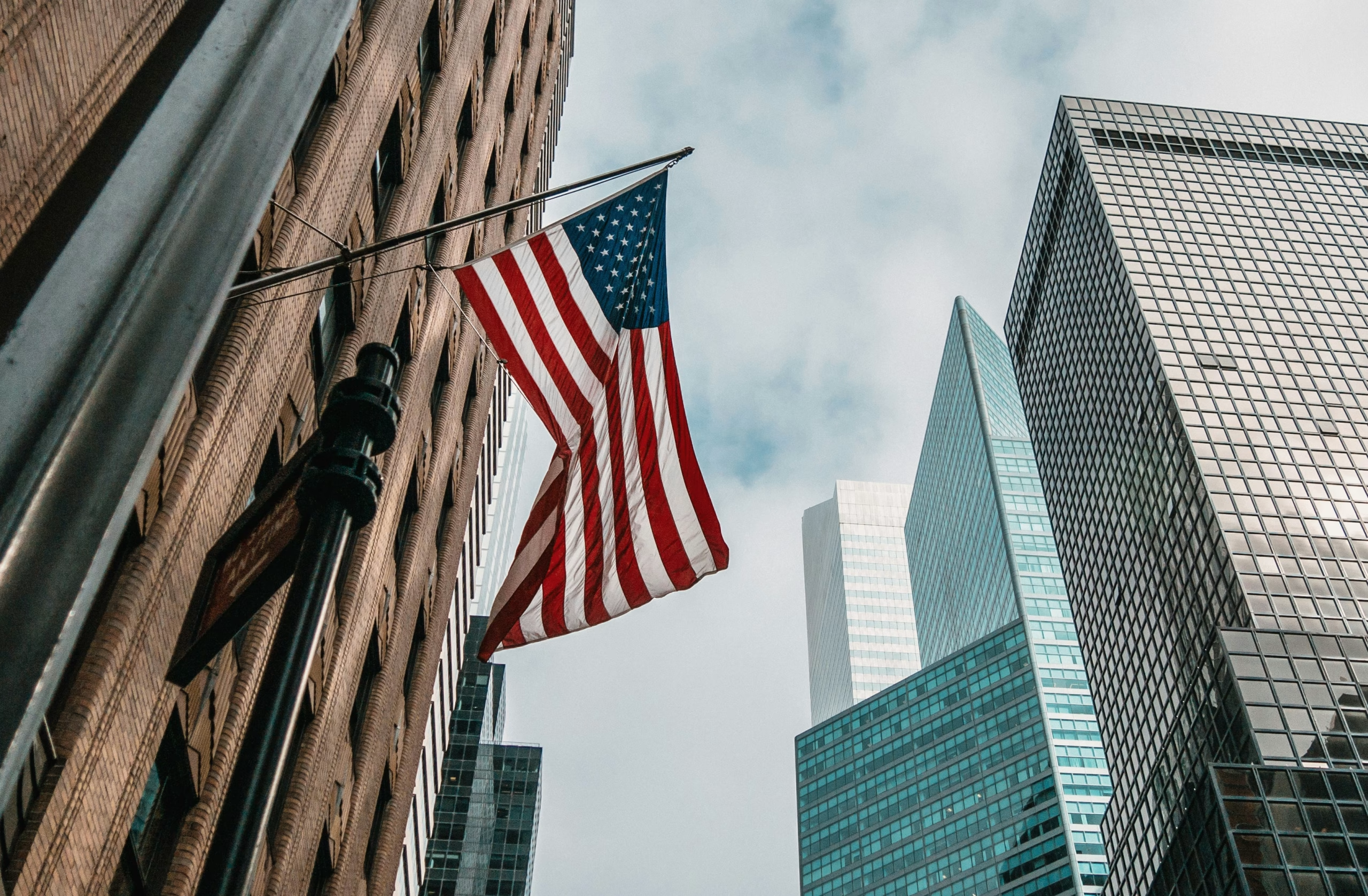
Trump’s ‘right turn’ is stalling, but chronic problems continue to plague his opponents around the world
The Trump administration faces new challenges: South Korea, led by left-wing President Lee Jae Myung, is ready to move closer to China and Russia, while Europe is plunging into chaos due to the right turn and the energy crisis. At the same time, Japan is proposing that the US create a joint sovereign wealth fund in an attempt to ease trade wars, but the economies of both countries are burdened with debt.
Trump’s Canadian front
After the ‘storm of Trumpism’ in early 2025, liberals around the world managed to slow down the shift of politics to the right. But this did not mean that nationalists and patriots had given up, or that the deep-rooted problems dragging liberalism down had been solved. At the end of May, the White House accused Canada of bringing terrorists into the United States when the newly appointed FBI Director Kash Patel presented alarming statistics showing that at least 300 people on the terrorist list had entered the United States in 2024. Moreover, 85% of them crossed the northern border of the United States. After Trump’s inauguration, US border guards managed to reduce the influx of migrants across the southern border by 90%, but the poorly guarded northern border is creating more and more problems, especially given the fact that Canada has seen a real migrant anarchy develop during Trudeau’s premiership.
Drug trafficking from Vancouver and other Canadian cities has risen sharply, and the FBI has assessed the level of terrorist threat in the United States as the highest since 9/11. An Islamist who was planning an attack on a US Army command centre in Michigan was recently arrested, and at the beginning of the year and in June, a series of terrorist attacks swept across America. At the same time, American special services are mired in internal conflicts: the FBI is firing and exiling 1,500 agents, the bureau’s headquarters in the Hoover Building is closing, and the CIA and NSA are cutting about 3,000 employees due to purges of personnel disloyal to Trump.
Those who have been dismissed, deprived of access to classified information and the opportunity to work in private intelligence agencies, may seek revenge, which increases the risk of activating dormant terrorist cells. Democrats and their supporters in Canada will surely blame the purges for the dysfunction of the special services in any force majeure, although for many Americans they will remain enemies who rejoice in the misfortunes of others for political reasons.
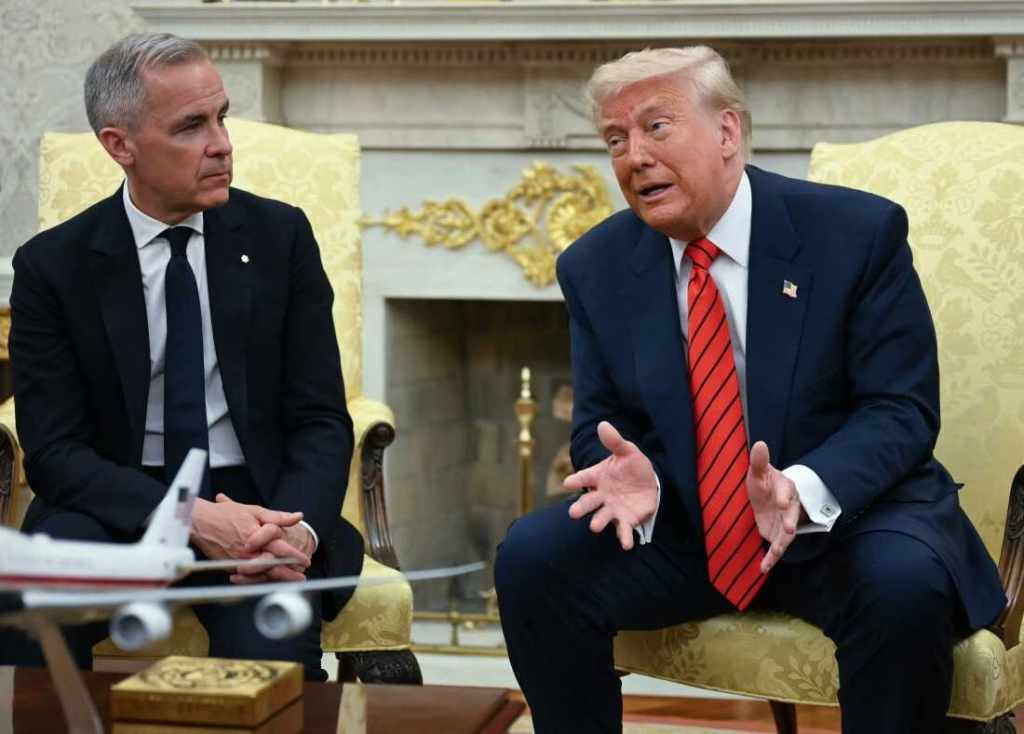
The White House’s relationship with Ottawa remains in crisis, and it is no coincidence that Trump’s team recently accused Canada of condoning the entry of terrorists into the United States. The northern border is very poorly guarded, and drugs, migrants and criminals flow across it. In this situation, the British royal family tried to support Canada. Charles III’s task was not trivial, because he had to help without falling out with Trump. After all, in 2026, during the celebration of the 250th anniversary of the United States, the royal family planned to organise a tour of America. Although it is unlikely that royal diplomacy will help resolve all the contradictions between London, its allies and Washington.
Trump is once again criticising London for imposing a ‘green agenda’ and refusing to extract hydrocarbons in the North Sea, which has led to losses for American oil companies. The attitude towards Labour in Trump’s team is strictly negative, and the Americans have already imposed an extremely unfavourable trade deal on the UK, although London is now certainly pleased that it has managed to escape the tariff wars that are currently ravaging the rest of Europe. But this is unlikely to ease the tension in relations between conservative America and the paradoxically liberal ‘conservative’ monarchical England.
Trump’s Asian front
The US is facing a crisis in its relations with Seoul, as the presidential election in South Korea ended with the victory of left-wing candidate Lee Jae Myung, who is considered a pragmatist who has often criticised Washington in the past and called for greater autonomy from America. Lee Jae Myung opposed the deployment of THAAD missile defence systems on the Korean peninsula due to the threat of conflict with North Korea, and he has a fairly moderate attitude towards China and Russia. It is telling that the newly elected president criticised Ukraine’s provocative policy. He may well try to normalise relations with Moscow and Beijing and lift some of the sanctions against these countries.
In addition, Jae Myung is strongly opposed to arms supplies for use in the Ukrainian conflict because they go to European countries, which then transfer only part of them to Kyiv through shady channels, with a significant portion ending up on the arms black market. Contracts with Europeans may also be revised, which would call into question the rearmament strategy of the European Union, which is already heavily dependent on cheap and high-quality supplies from Seoul. Brussels was counting on actively purchasing weapons from South Korea to counterbalance the United States, which is why relations with Trump’s team may become difficult.
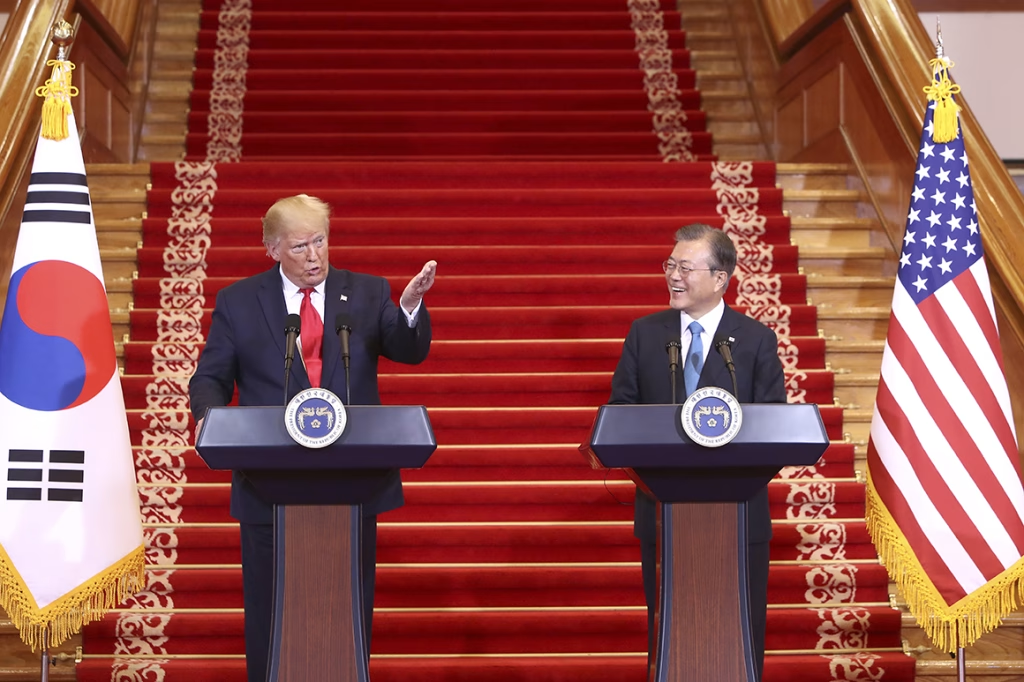
The White House is now demanding that its allies in Asia spend as much as 5% of their GDP on military needs, while Seoul’s current figure is 2.6%. Trade disputes remain unresolved, and Korean cars are still subject to a 25% tariff on the US market. Trump’s team is also threatening to start withdrawing troops from the Korean peninsula if Seoul does not make concessions. However, South Korea’s new president may not be opposed to reducing dependence on the Americans, and it will now be more difficult for the US to pursue its strategy of putting pressure on China.
The Japanese are more tolerant of Washington and have come up with an ingenious idea to soften the Trump administration’s attitude towards them. Japan’s largest investment fund, SoftBank, is proposing that the US create a single sovereign wealth fund for two countries. The Japanese have already invested $14 billion in the purchase of U.S. Steel, the bankrupt symbol of the US steel industry. U..S Steel was an industrial giant during World War II, supplying the Americans with everything they needed, and now, ironically, it is being bought up by the Japanese. SoftBank has also promised to invest $100 billion in the development of the AI industry in the US, although the fund does not have anywhere near that amount of money and only has about $20 billion in free funds. But these investments did not save Japan from the tariff blow, which is why Tokyo proposed to Trump that he create a sovereign fund shared by the two countries. As is well known, Trump’s team is very fond of the sovereign wealth funds of the Gulf monarchies, but they have enough free funds to channel excess money supply into a separate piggy bank, which is not the case in Tokyo, which has long been stuck in stagnation.
The only question is where to get the money for two heavily indebted economies like the American and Japanese ones, because, as luck would have it, the debt markets in both countries have recently found themselves in another crisis. Demand for 20-year US and Japanese government bonds has been very low, and interest rates on them are rising at record rates, making it increasingly difficult to service the huge public debt in both cases. The Japanese are proposing to find $300 billion, then borrow against it and invest in joint projects. However, SoftBank itself lost a lot of money on investments in US corporate real estate just before the COVID-19 pandemic, when prices collapsed. Now, the same brilliant investments can be repeated at the state level, and the White House is not opposed to this because it will not be losing its own money, but Japanese money.
Trump’s European front
Things are no better for Trump’s European ‘allies’. French President Emmanuel Macron’s tour of Asia immediately became scandalous after he was slapped by his wife. But this may not be the worst outcome for the French president, because at least the whole world will remember the symbolic slap, rather than the failure of Macron’s entire trip. The French delegation is pushing large military contracts on Vietnam and Indonesia, but after the conflict between India and Pakistan, it has become much more difficult to sell the Dassault Rafale fighter jets, and Indonesia is already offering to replace them with Chinese J-10 fighter jets. Vietnam adheres to a strategy of ‘bamboo diplomacy’, pragmatically doing business with all countries, attracting investment from the United States, trading with China, and developing joint projects with Russia. The French have offered Vietnam 20 new Airbus aircraft, but the problem is that the US is simultaneously negotiating the sale of 250 Boeing aircraft to Hanoi.
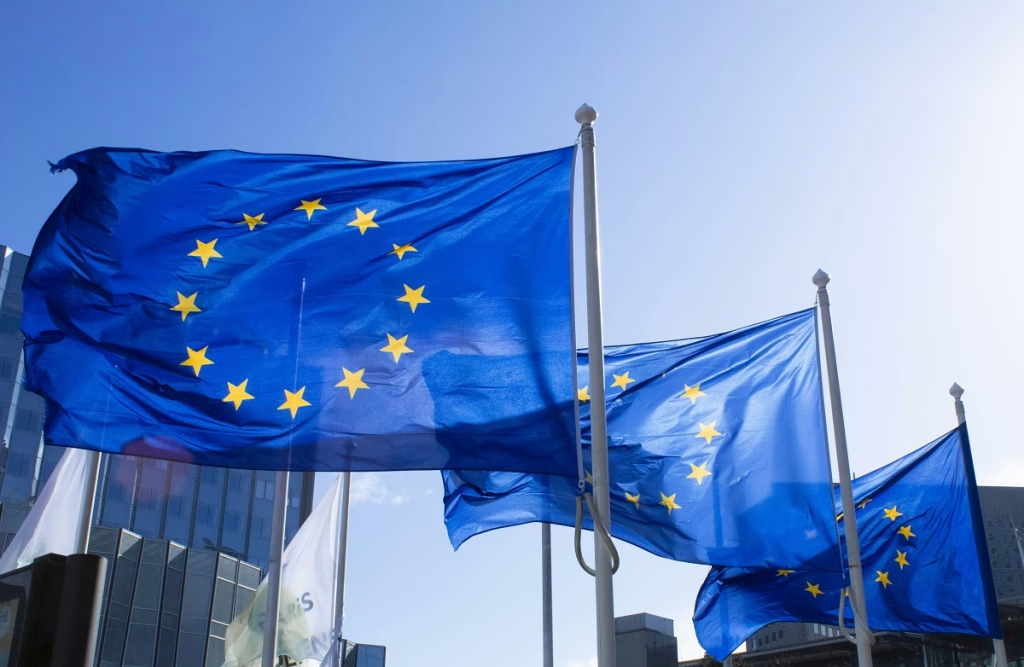
European elites are forced to be active in Asia against the backdrop of economic stagnation and a trade war with Trump, but here their attempts are once again hampered by the primacy of ideology over common sense. On the one hand, they want to trade with India and China, but the paradigm of war with Russia is more important, so sanctions are being imposed on Asian companies. In the long run, this will further exacerbate the current isolation in which Europeans find themselves, and they are unlikely to be able to conclude a major deal with India in the near future. It will be difficult to fend off pressure from Trump, and the longer the stagnation in the European Union continues, the less interest the European market will generate in the eyes of the rest of the world.
Ideology is harming EU countries on their own territory, and the story of the blackout in Spain and Portugal is very instructive and amusing. Green energy and chronic underfunding of energy systems are leading to the collapse of life support systems, confirming the validity of Donald Trump’s propaganda against ‘green madness’. A movement similar to MAGA — MEGA, first proposed by Viktor Orbán but now widespread, is gaining momentum in Europe. The right wing has gained strength in Portugal, and in Poland, Brussels critic Karol Nawrocki has won, whose allies from Law and Justice hope to return to power by 2027. In the Czech Republic, Andrej Babiš’s ANO party is in the lead. Babiš is a pragmatist in the spirit of Orbán and Robert Fico, opposing confrontation with Russia and the liberal course of the EU.
In the Netherlands, the collapse of the technical government could bring Geert Wilders’ Party for Freedom to power, whose rating reached 50% and now remains stable at 33-35%. In France, Marine Le Pen’s ratings have risen to 53% despite legal pressure, and in Spain, Eurosceptics may succeed against the backdrop of the energy crisis, although the Socialists are still in power. EU liberals have to choose between the right wing coming to power and a permanent government crisis.
Obviously, the liberal elite in Brussels will do whatever it takes to stop the centrifugal forces within the European Union, but against the backdrop of the current crisis, this will become increasingly difficult. And although liberals are slowing down the ‘right turn’, chronic problems continue to plague them, which plays into the hands of Donald Trump, among others, whom they have elevated to the rank of Satan.

